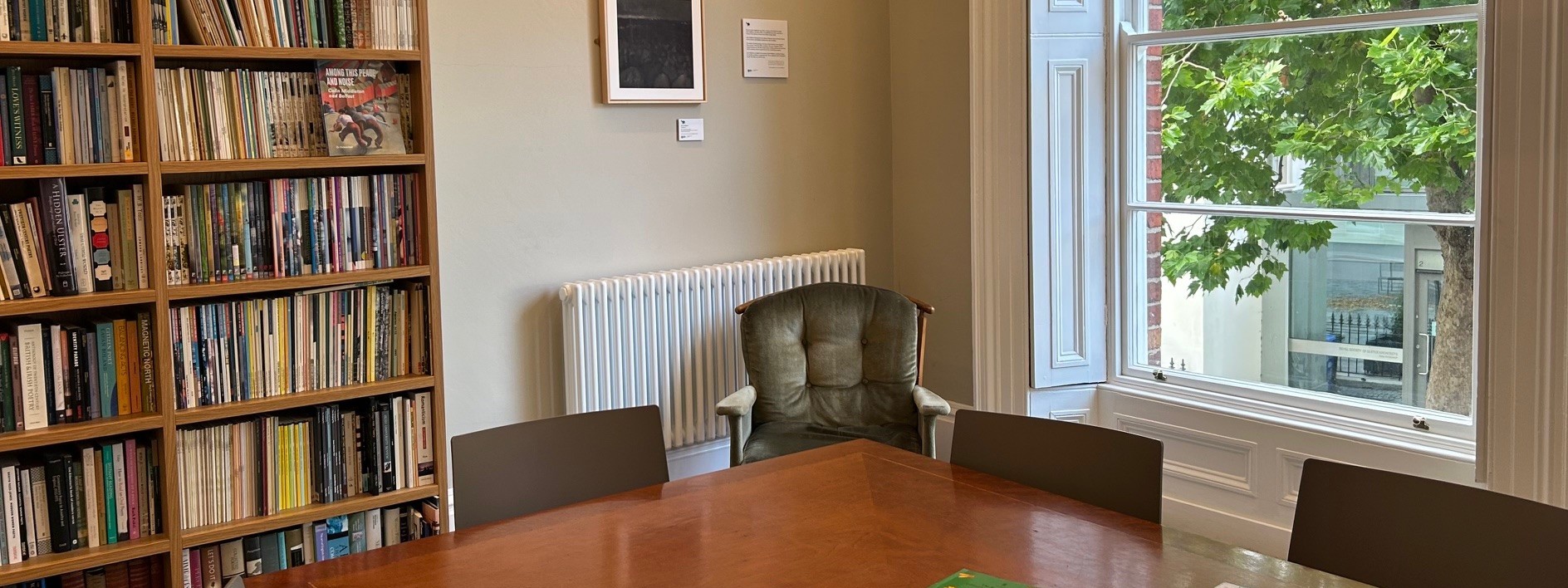Criticism & Ideas on Writing
Reading, writing, and thinking about writing is a vital part of our postgraduate courses. Students are encouraged to read widely and think deeply, on a broad range of texts during their studies, whether they are focusing on a purely creative, or critical pathway. Read more about postgraduate courses here.
READ OUR YEARLY STAFF PICKS
Staff Picks 2024




